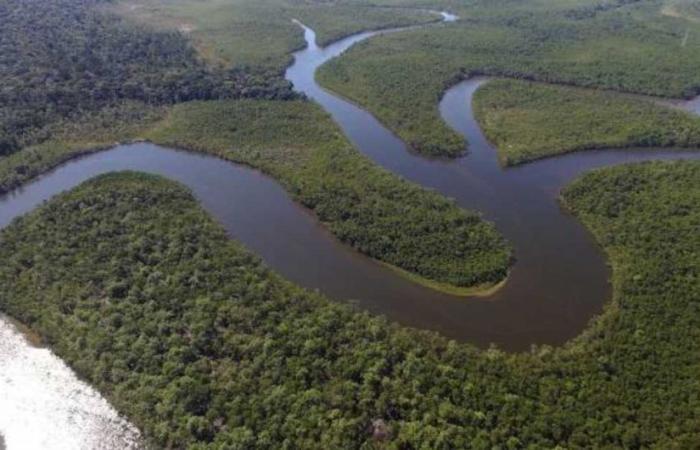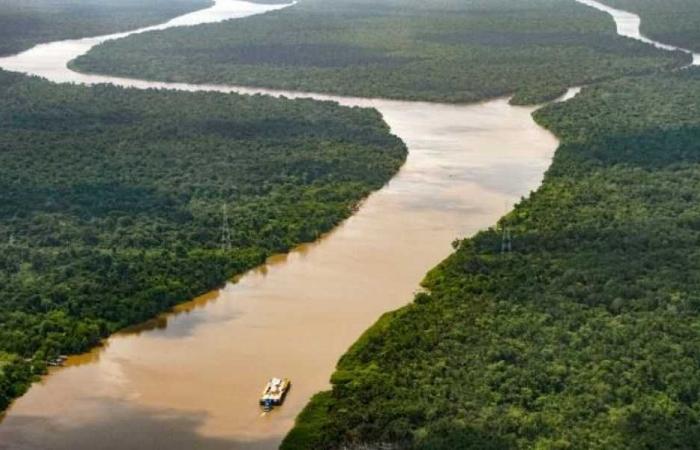It seems unreal that along a river of such magnitude as the Amazon, there is no bridge that crosses it. In this note, you can read why this happens.
He Amazon River It is the longest and largest in the world, in addition to being the one that houses the most species of flora and fauna. Throughout his more than 6,900 kilometers There is no bridge that crosses it.
The watercourse crosses 9 countries in South America:
- Peru,
- Colombia,
- Venezuela,
- Bolivia,
- Ecuador,
- Guyana,
- French Guiana,
- Surinam,
- Brazil.
Although it crosses half a continent, There is no path that allows you to cross from one side to the other. The reason why this is so, It is due to nature and the type of terrain available at the location.
Amazon River: Why aren’t there any bridges around it?
The river is surrounded by a large jungle basin. Almost all of the territory located on the banks of the river is virgin forest, swampy, humid and muddy lands that make it very difficult to build any type of infrastructure around.
You may also be interested > What is the cleanest river in the world and what country is it in?
Another reason why this river does not have bridges is because there are few routes that can connect with a bridge. In addition, the river itself is used as an access route to other regions. The boat as a means of transportation runs through it and is the only communication between some more isolated places, but with a higher population density.
You may also like > What is the tallest treehouse in the Amazon?
Considering the characteristics of the terrain and the fact that the approximately 30 million people who live around it are distributed unevenly, since they are located across 9 countries and the majority live in Brazil, it would not be so necessary to have bridges, since people cross by boat or on foot, in some areas of low flow.
#Colombia







